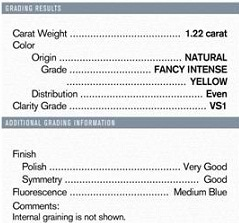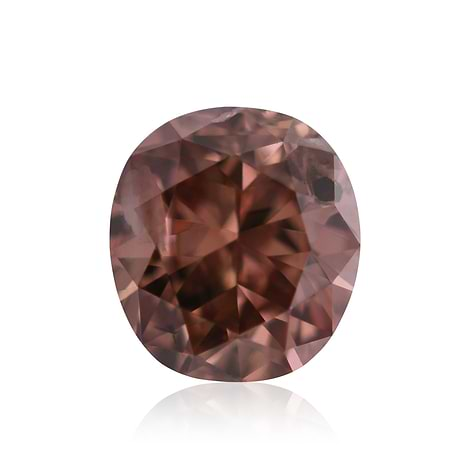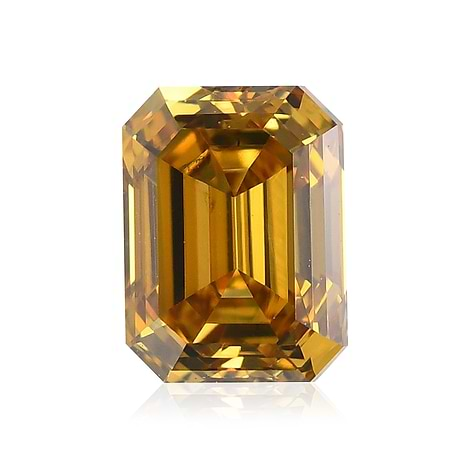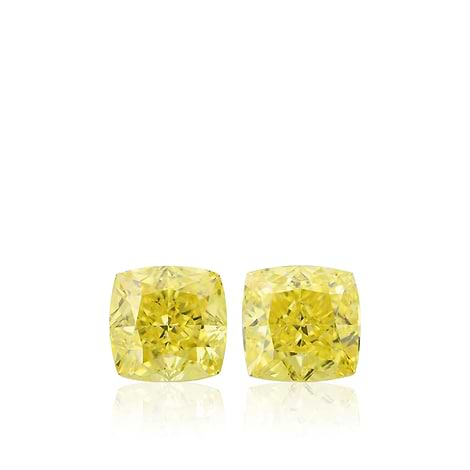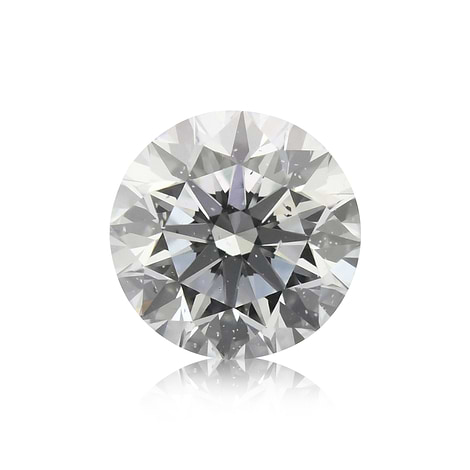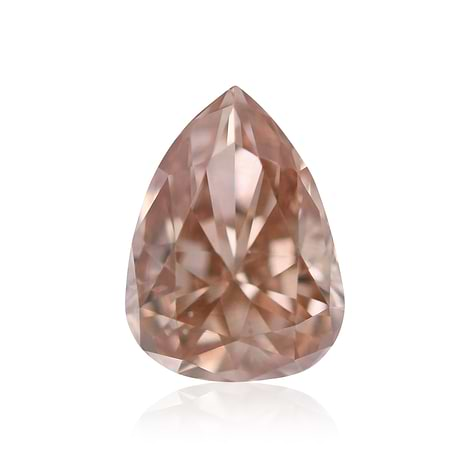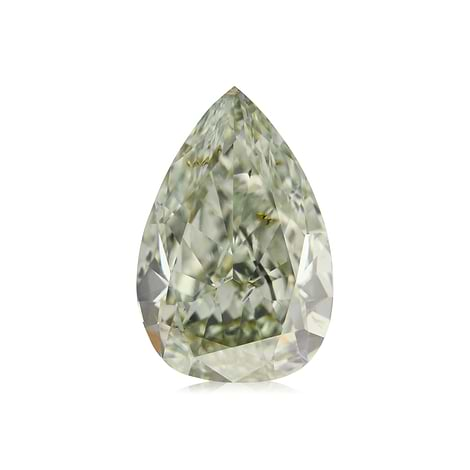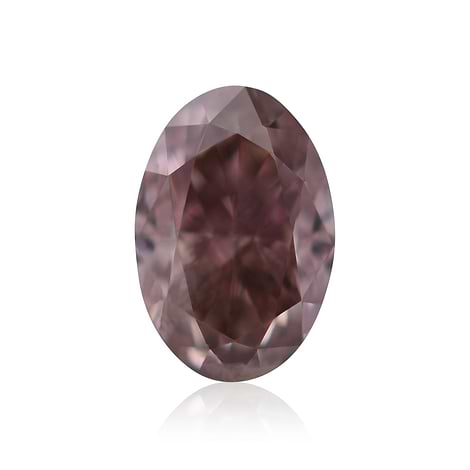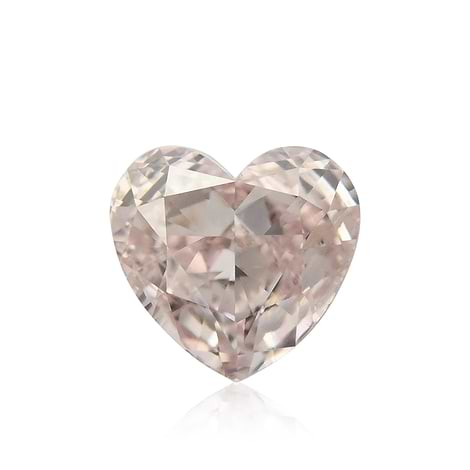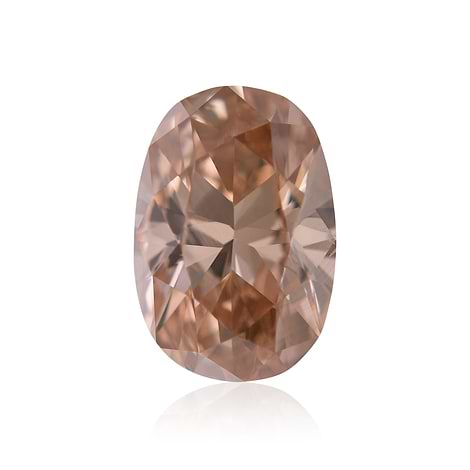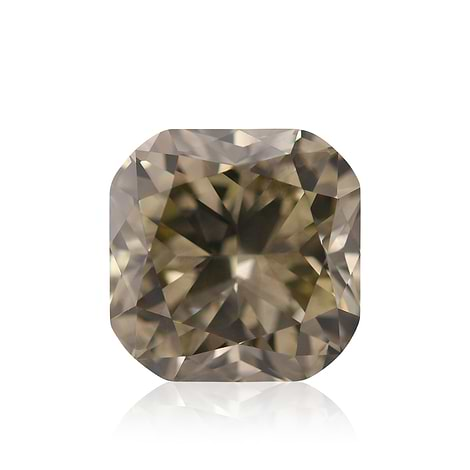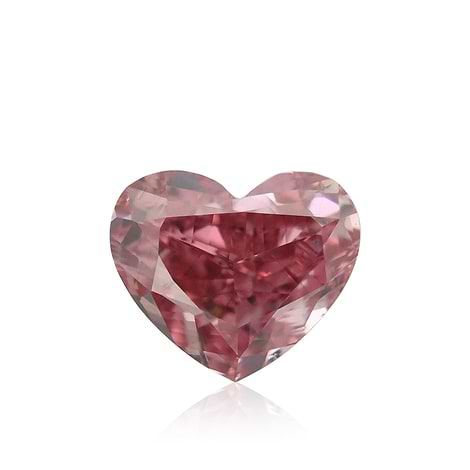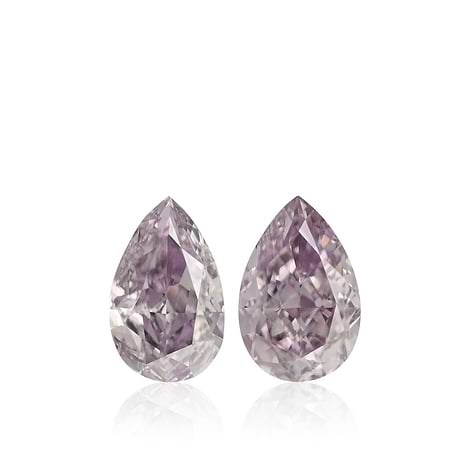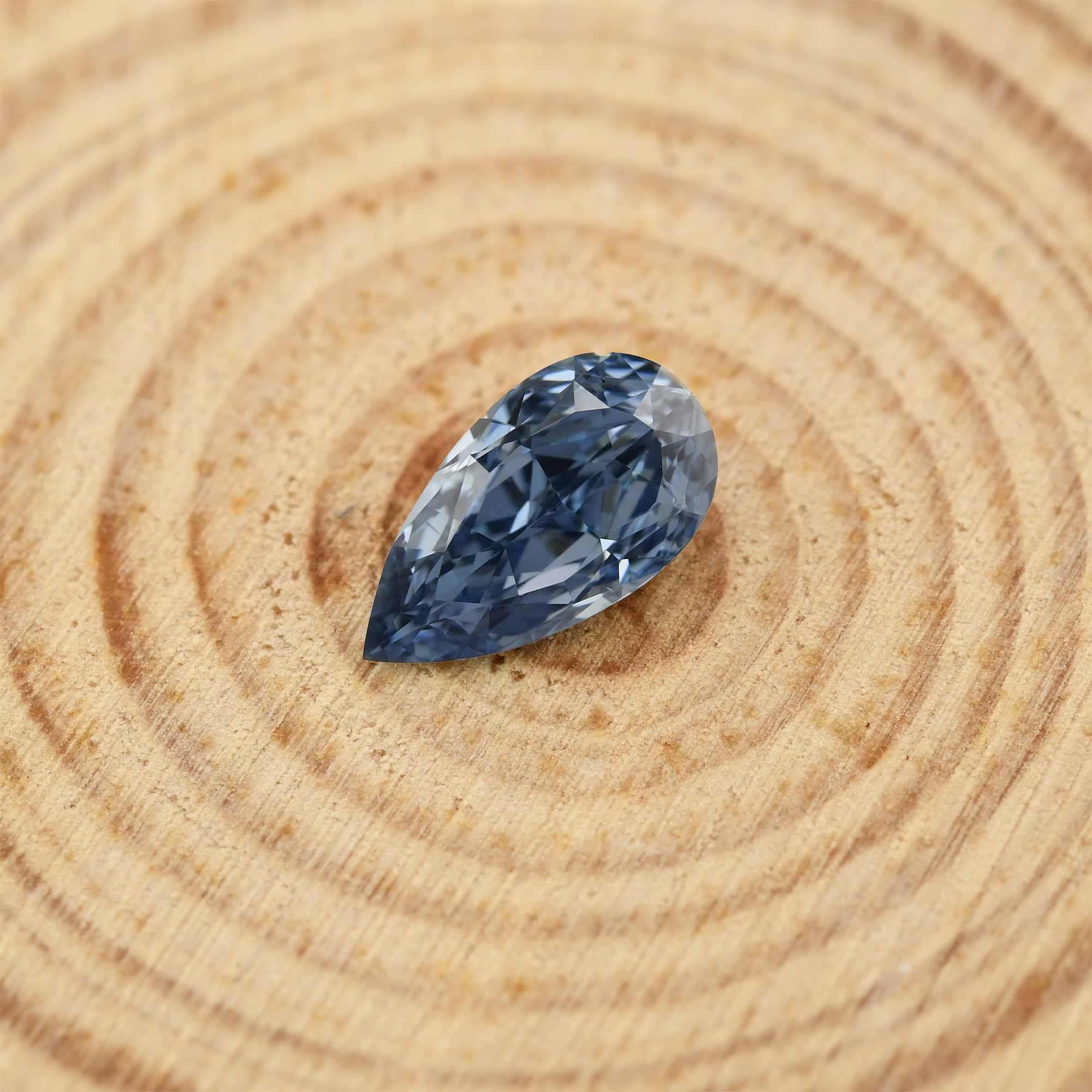Of the four attributes used to assess the quality of a fancy color diamond, color is the most important. Color diamonds are already quite rare; therefore, when one of a rare color is found, its market value is increased considerably. Some diamonds undergo treatments to enhance their color, known as 'enhanced diamonds,' which affects their value and should be disclosed to potential buyers.
As a result of prices of some of these exquisite stones sometimes being quite steep, some companies have experimented with artificially enhancing the diamond color through different methods. Artificial color enhancement is considered acceptable within the industry, only it absolutely must be made aware to the ones purchasing the stones beforehand. In fact, the origin of the diamond color, meaning whether the color of a stone is ‘Natural’ or ‘Artificially Enhanced,’ must be noted in the GIA diamond Certificate.
|
The Origin of color is noted in the GIA Diamond Certificate In the image above, the Origin is Natural |
Learn more about understanding how to read a GIA certificate through LEIBISH's "The GIA Colored Diamond Grading Report - a User's Guide"
Following are the three most common practices of diamond enhancement used in the industry.
HPHT:
Through the treatment of HPHT (high pressure/high temperature) the color of the diamond can permanently be altered. The stones are exposed to extremely high temperatures and very high pressures. Some say the conditions are similar to those in which the stones were formed millions of years ago. The treatment is irreversible as it essentially artificially upgrades the diamond’s color. Depending on the stone, the change in color can be minor, or even quite dramatic.
Overlay coating:
Through the application of applying an overlay coating, the color of the diamond can be remarkably enhanced. The coating often contains fluoride, silicon oxide, aluminum oxide, or titanium oxide. It can be applied to parts of the diamond, such as the Pavilion or Girdle, or applied to the whole diamond. This diamond enhancement method is extremely difficult to detect, however, the color changes are reversible and may wear off the surface.
Irradiation:
The procedure of irradiating the diamonds causes the color to be changed without causing any damage to the stones at all. Basically, high-energy particles are exposed to the diamond and cause the diamond's crystal lattice to be physically changed. This treatment creates many ‘color centers’ throughout the stone, which therefore emulates a very strong appearance of specific colors in the diamonds.
Artificial treatments are also used for other diamond enhancements, such as improving the diamond clarity.
Always be sure to review any and all necessary paperwork when considering adding a diamond to your collection.
